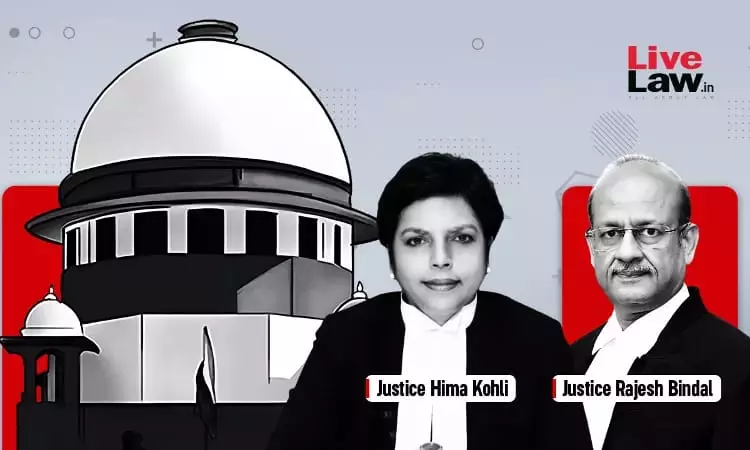Officer Given Higher Pay Than Others In Same Cadre : Supreme Court Slams Favouritism, Directs Recovery
Suraj Parmar
7 Dec 2023 12:25 PM IST

Next Story
7 Dec 2023 12:25 PM IST
The Supreme Court recently rebuked the authorities involved in granting a higher pay scale to an employee(respondent No. 4) at the Commission for Scientific and Technical Terminology (CSTT). The Court questioned the apparent collusion between authorities and the employee who received special treatment from the authorities, leading to the unjustifiable grant of a higher pay scale.The...
